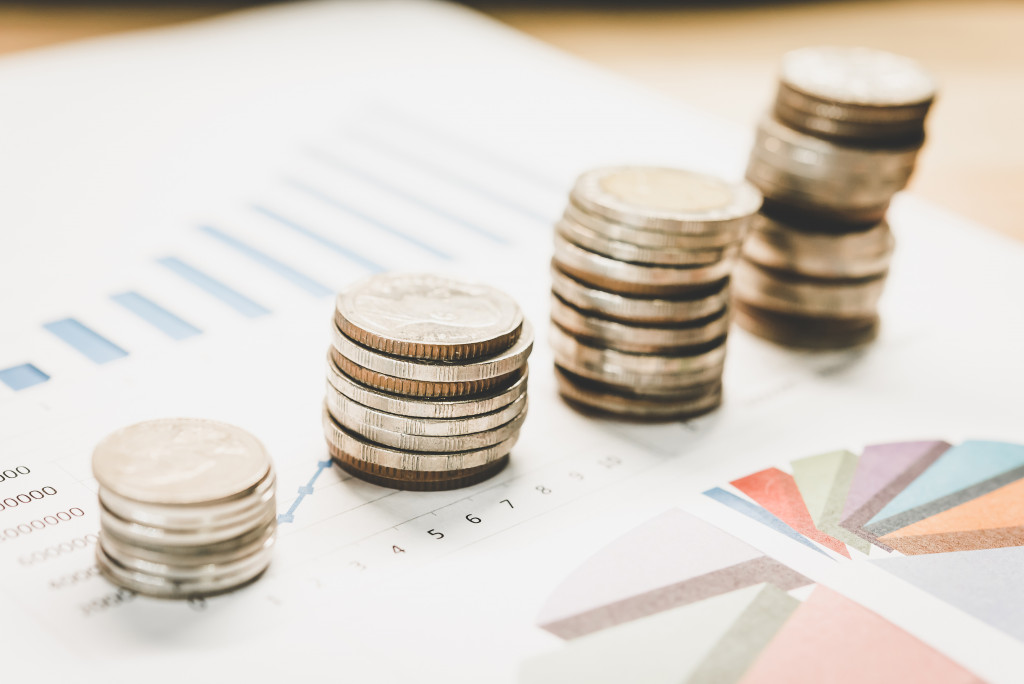While most people struggle to make ends meet, many can afford to indulge on occasion. When you first apply for an ATM card and get the freedom to spend, what do you buy?
It’s a good problem to have, but a problem nonetheless. After all, you might have less spending flexibility than you’d think. And if you’re mindful of your financial practices and long-term outlook, you’ll be asking yourself some different questions. How much money can I spend at my discretion? And what are the best ways to use it for maximum returns?
Clear definitions and alignment
When you start in your career and begin to earn money, you’ll quickly realize that a series of cuts are made into your paycheck. Before the money ends up in your account, it’s subject to taxes; gross pay becomes net pay or disposable income.
Technically, all that money is yours to spend as you see fit. But unless you have zero financial responsibilities, possibly living with your parents and hitching a ride with them to and from work, there are costs to cover. This is where the need to budget kicks in.
You can follow a widely recommended model, such as the 50-30-20 split. 50% of your disposable income covers your living expenses; 20% pays off debt and goes to savings. After all those cuts, the remaining 30% is your actual discretionary income.
The numbers don’t have to line up exactly, but a sound budget typically observes a form of distribution along these lines. And from here, you can begin aligning the remainder with your financial goals.
Addressing short-term needs
You can end up with more or less than 30% of ‘fun money’ from every paycheck. It’s possible that your rent is steep, or the cost of living just too high where you live. Or maybe you have a lot of loans to pay off. On the other hand, you might find ways to cut down even on basic needs by living a highly frugal lifestyle.
However, as long as you find yourself with a non-zero number in this category, you have the potential to invest in some form. And if you do that wisely, you can reap the benefits of future returns.
In the short term, there are usually two areas of high urgency where you can sink your discretionary income. One is further debt payment. After meeting the monthly amount due on a car loan or mortgage, you can pay more money and cut down the balance. This can be subject to the terms of the loan, but if you can find a way to consolidate and pay off debt, you’ll save a lot of money down the road.
The second urgent need is setting aside money for an emergency fund. You never know when something unforeseen will happen, as the pandemic has recently reminded us. Over time, try to build up a fund worth 3-6 months of your salary.
Finding long-term value

After securing your position in the short term, what are the best long-term opportunities for investing your discretionary income?
While the traditional savings account is a simple way to hold money in reserve, interest rates are marginal. In fact, since the value of money will continuously depreciate due to inevitable inflation, you’re likely to end up with effectively diminishing returns. Even higher-yield forms such as certificates of deposit follow the same model and experience the same problems.
A better alternative would be investing your money into a diverse portfolio of products. A retirement plan, mutual fund, or getting into the stock market as a retail investor will allow your money to scale with the economy. Over the years, it’s far more likely to outpace inflation and net value.
However, it would help if you didn’t overlook the option of investing in yourself. Further education or skills training can unlock career opportunities. Investing in yourself can also give you the confidence to move away from employment and into entrepreneurship, which lets your earning potential scale.
If you wouldn’t flinch at buying volatile shares of stock, why hesitate to pay for a course that could land you a high-paying job or start a business? You’d be reaping the rewards with every paycheck or sale.
Finally, don’t forget that indulging yourself can be rewarding. Just like we all need to sleep after our daily exertions, a reasonable level of spending on comforts will help you recharge. It gives you more fuel to avoid burnout and keep on earning. Find that balance, don’t exceed it; you can enjoy your discretionary income.
